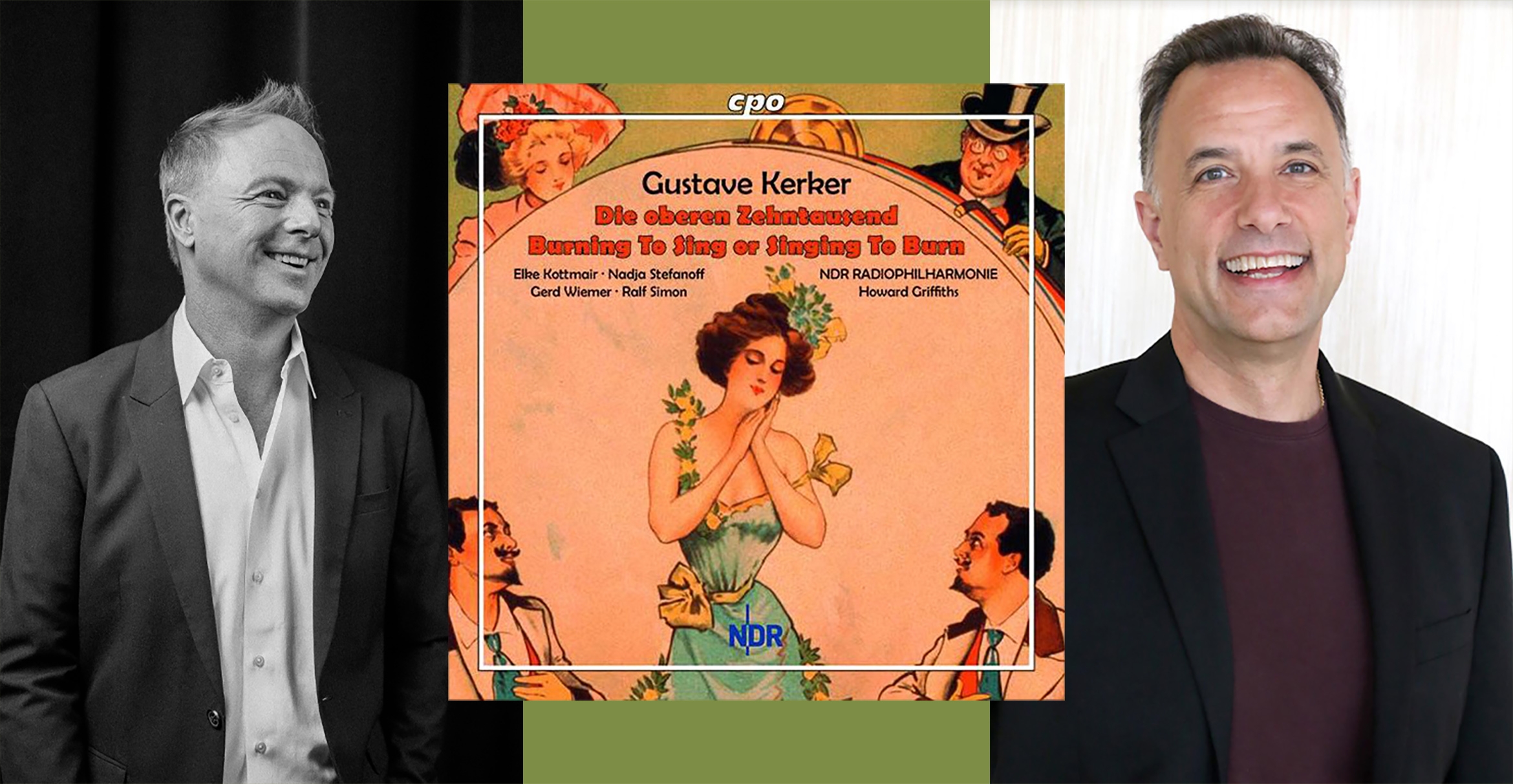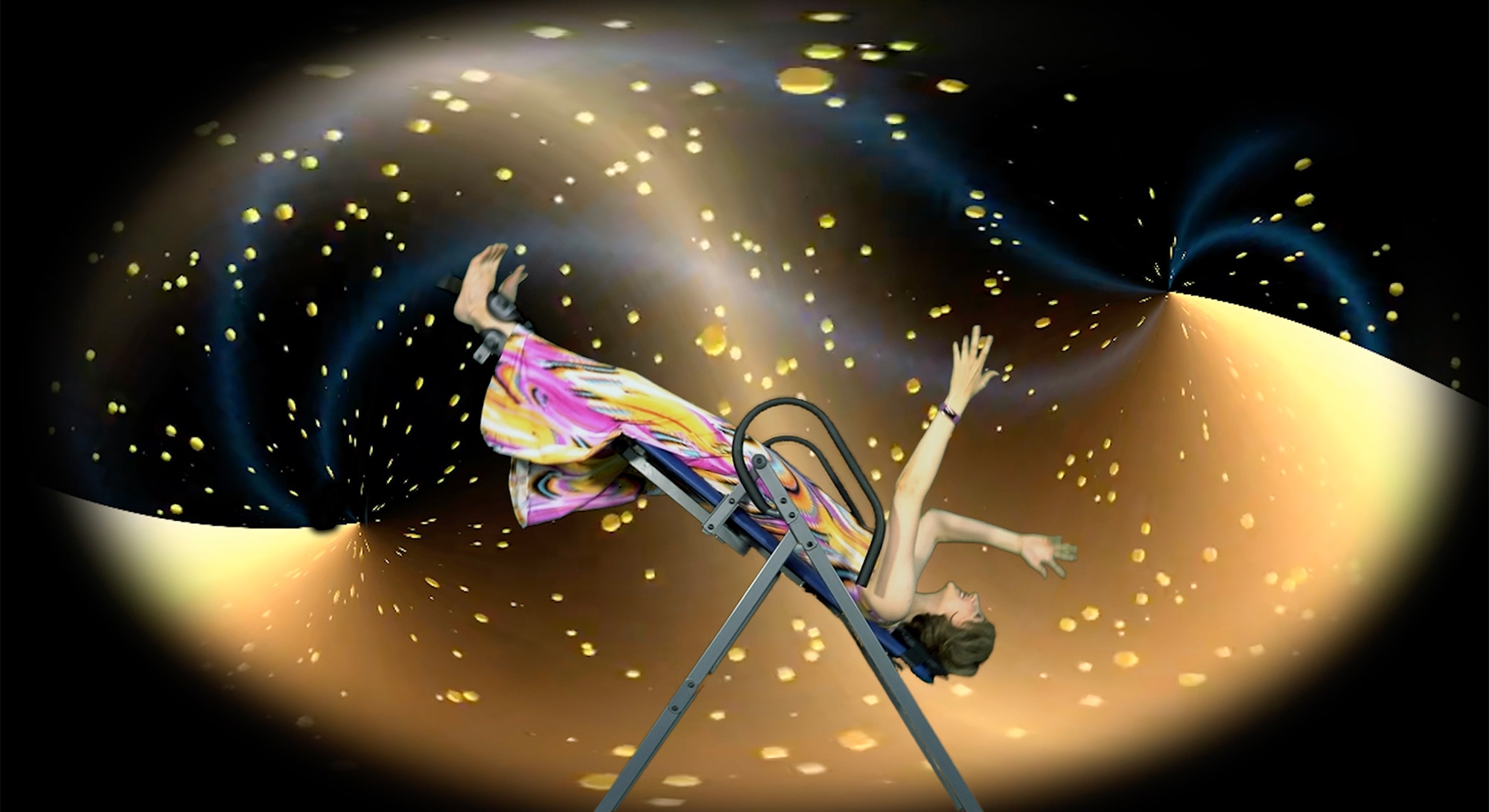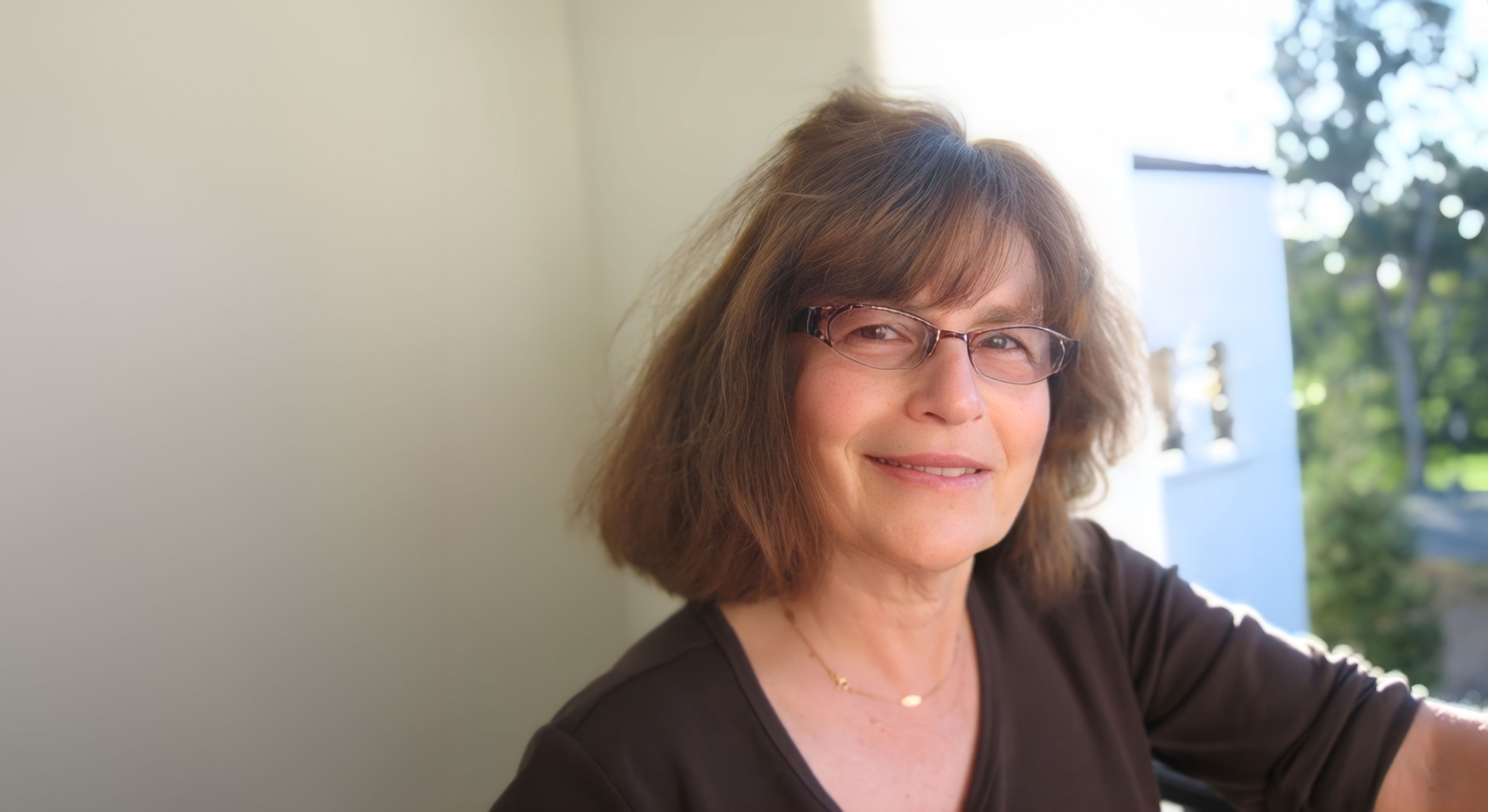
Even those of us who love opera have to admit that a lot of it is ridiculous. “There’s a scene in (Verdi’s) ‘Don Carlo’ where the baritone gets stabbed,” noted director Samuel Mungo. “He sings an entire aria before he dies.”
As someone who stages operas for a living, Mungo’s job often entails finding creative ways of handling such problematic pauses in the action. But for his current assignment, he gets to revel in such absurdities — and realize their enormous potential for comedy.
Mungo is staging “Burning to Sing,” a.k.a. “Singing to Burn,” UC Santa Barbara’s 2023 opera production. The 1904 operetta, which pokes much fun at opera’s tropes and conventions, will be performed May 12–14 in Lotte Lehmann Concert Hall on campus.
“It’s ridiculous and fun,” said Benjamin Brecher, professor and chair of the UCSB Music Department, who serves as producer, music director and co-creator of the show. “What makes it funny is that, in spite of the absurdity of the plot, everyone is completely committed to what they’re doing.”
The rarely performed work is essentially the great-grandfather of “Schmigadoon,” the current streaming series that pokes fun at Broadway musicals. Like “Schmigadoon” creator Cinco Paul, “Burning to Sing” composer Gustave Kerker and librettist Robert H. Burnside were extremely familiar with the works they were parodying, allowing them to pinpoint their flaws and satirize them in an affectionate way.
In “Burning to Sing,” the songs are written in different styles. “There’s a ‘Fledermaus’-style duet, and a song that really sounds like Mozart’s ‘Cosi fan tutti,’” Brecher noted.
The work opens with a parody of one operatic trope: that it can take up to 10 minutes of singing to convey a simple, sometimes urgent, piece of information. A hotel bellhop arrives to tell the central character, a retired diva turned voice teacher named Madame Tremonlini, that the building is on fire and she must evacuate immediately.
But it’s an opera, so she can’t just walk out. Additional characters arrive; there’s a poignant farewell to the bedroom, followed by a quartet about a birdcage that must get left behind, which segues into a paean to the beauty of birdsong. When firemen finally arrive to beat back the encroaching inferno, they naturally join in the singing.
“Having been in opera for a long time, I know so many tropes,” Mungo said. “I’ve had my share of bad ideas, and I’m trying to put in as many of them as I can.”
That said, Mungo is trying to keep it from being all an inside joke. “Some of these are conventions we have all seen, and people will recognize them as a send-up,” he added, “but I want people to have fun even if they’ve never been to an opera.”
Today a footnote at best, composer Gustave Kerker was well-known in his era. Having moved from Germany to the U.S. with his family at age 10, he wrote a number of early Broadway musicals, including “The Belle of New York,” in 1894. “Burning to Sing” premiered at an invitation-only gala in New York in 1904 and was staged in London in 1906. But after that, it was pretty much forgotten.
So how did Brecher discover it? “We have a benefactor, Michael D. Miller, who loves early American musical theater and operetta,” he said. “A few years ago, he and his wife Nan pledged their collection of recordings, scores, posters and memorabilia of over 200,000 items to the UCSB Library. To celebrate that bequest, we did a show at the Lobero, the American premiere of ‘The Mock Marriage’ by Franz Lehar.
“I was looking for a show to do this year,” he continued, “so I went to their home in Los Angeles with my colleague Rebecca Renfrow from Sam Houston State. We wanted to do a co-production, which would be done at both schools. We talked with Mike about various ideas and looked through 15 to 20 operettas —including “Burning to Sing.”
“I came up with the idea of doing it as the second half of a program. The first half would feature songs, arias, ensembles that are about the art of singing or have something to do with singing.”
Brecher and Renfrow proceeded to create an entirely new first act to precede Kerker’s work. Set in the same hotel room, it features a group of the diva’s vocal students, who take turns singing for her. They perform songs primarily from the early 19th century, including two by Irving Berlin, but there’s also the “Lesson Scene” from Donizetti’s 1840 comedy “The Daughter of the Regiment.”
This new first act ends with a novelty: A comedic number called “The Busy Singers Game,” from Jake Heggie’s 2015 opera “Great Scott.” In the witty ensemble piece, the performers — no longer in character — discuss their upcoming roles. After one proclaims she’s doing “Aida” in Alabama, the others one-up one another with appropriately alliterative, and increasingly improbable, gigs.
“The mix of musical styles will be great both for the students and the audience,” Brecher said. “They’ll really be entertained by the variety of the music, and the laughs.”
The production is set in the “Mad Men”era, with an art deco set and late ’50s and early ’60s fashions in the costumes. If you like to coordinate your outfit with the décor, no problem: On opening night, the company is encouraging everyone to dress up in period clothing.
And of course, there can’t be a “Mad Men” vibe without cocktails.
“The Madame is a martini drinker, so we’ll have a bar on wheels,” Brecher said. “We’re planning to wheel it out and have a cocktail reception outside the theater after each performance.”
Shelly Leachman
Editorial Director
(805) 893-2191
sleachman@ucsb.edu



